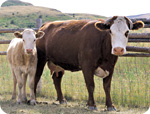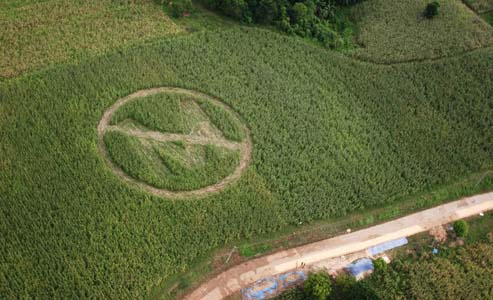
(NaturalNews) I recently received great news from the Organic Consumers Association (OCA) that after a long fourteen year battle between OCA, public interest and family farmer groups against Monsanto’s Recombinant Bovine Growth Hormone (rBGH), Monsanto has announced on August 6th that they will sell off their controversial rBGH. This is very good news since rBGH has been fed to cattle since the early 1990’s and has been implicated in a wide array of health issues, some very serious ones for both the animals themselves and anyone who consumes anything from the animals who are fed rBGH.
rBGH is said to be responsible for a number of health issues ranging from premature puberty in children to colon, prostate and breast cancer to increased antibiotic residues and elevated levels of a potent cancer tumor promoter called IGF-1.
Highly recommended videos:
– Life running out of control – Genetically Modified Organisms
– The World According to Monsanto – A documentary that Americans won’t ever see.
rBGH is a genetically engineered variant of the natural growth hormone produced by cows. It is manufactured by Monsanto and sold to dairy farmers under the trade name Posilac. This hormone forces cows to increase milk production by about 10%, but it also increases the incidences of mastitis, lameness as well as reproductive issues.
Read moreMonsanto Defeated on rBGH Animal Drug After 14 Year Battle
